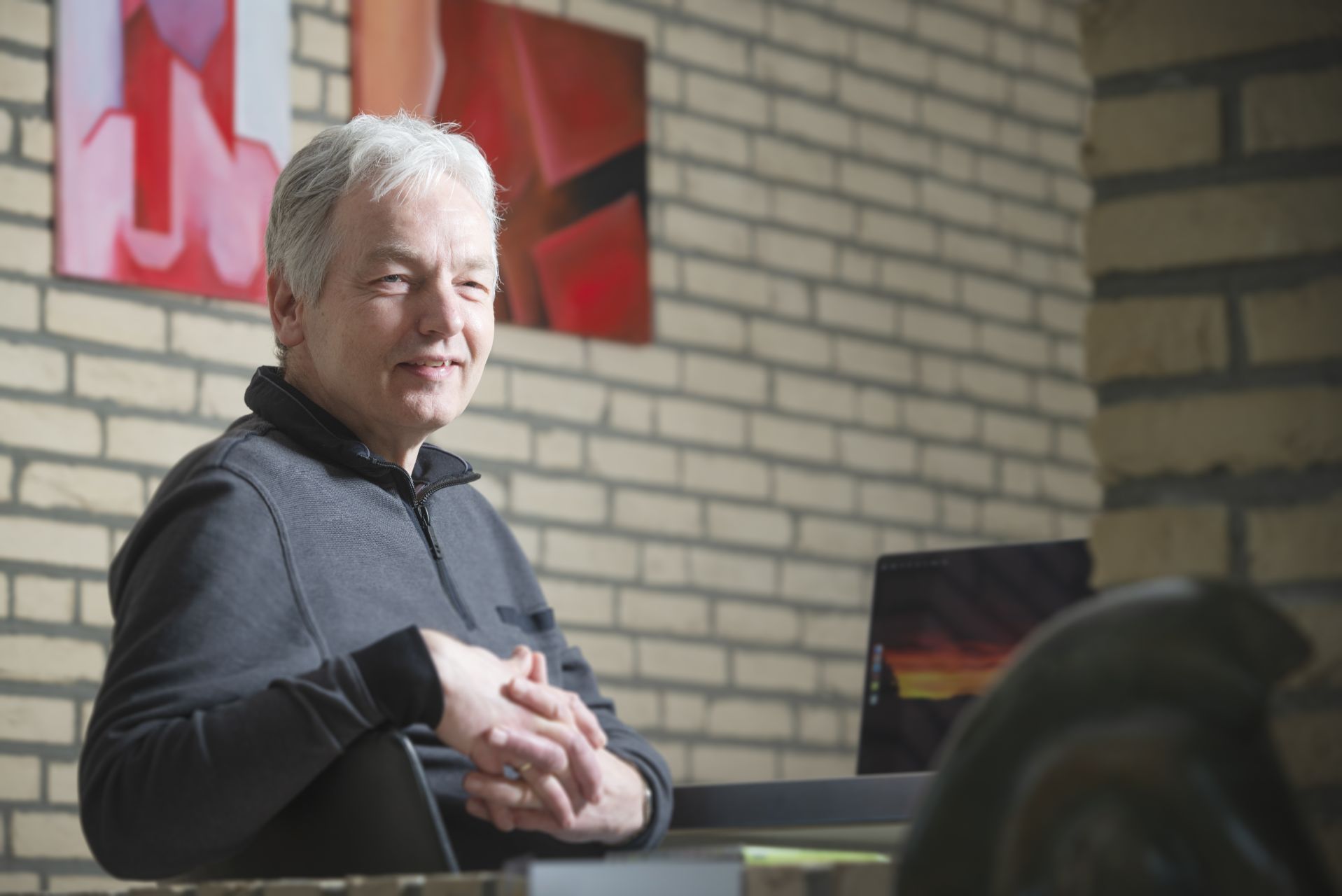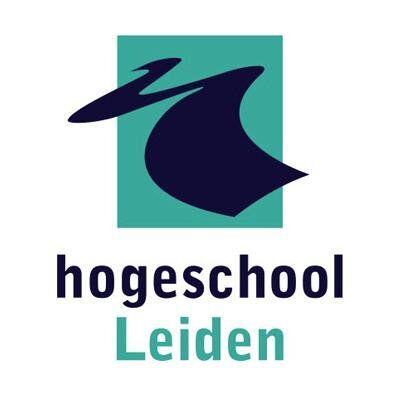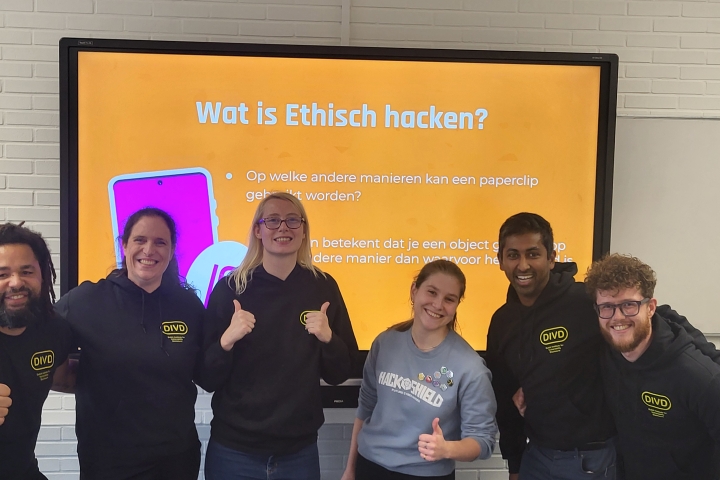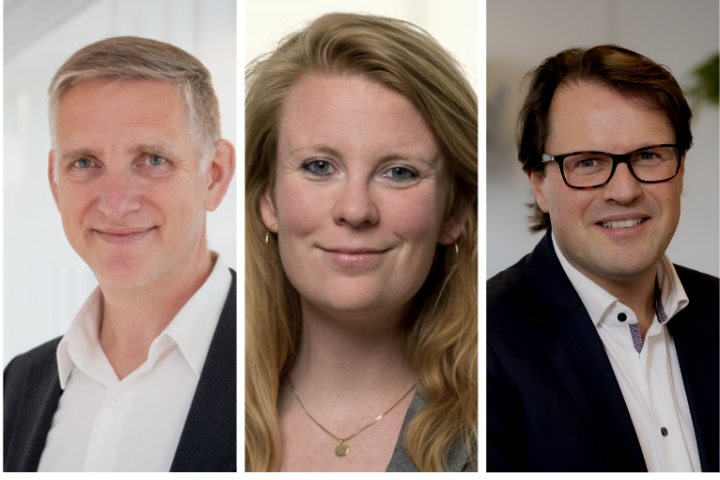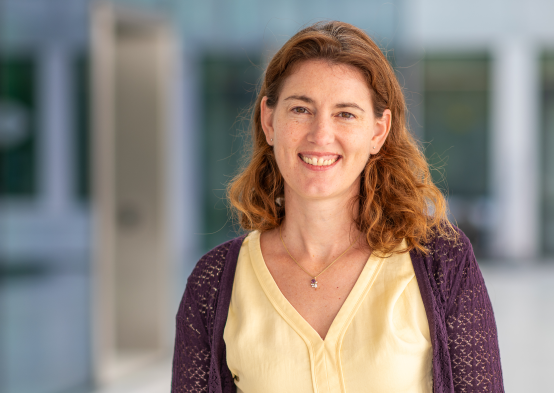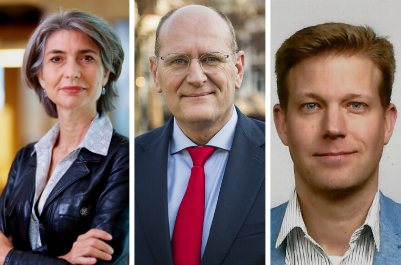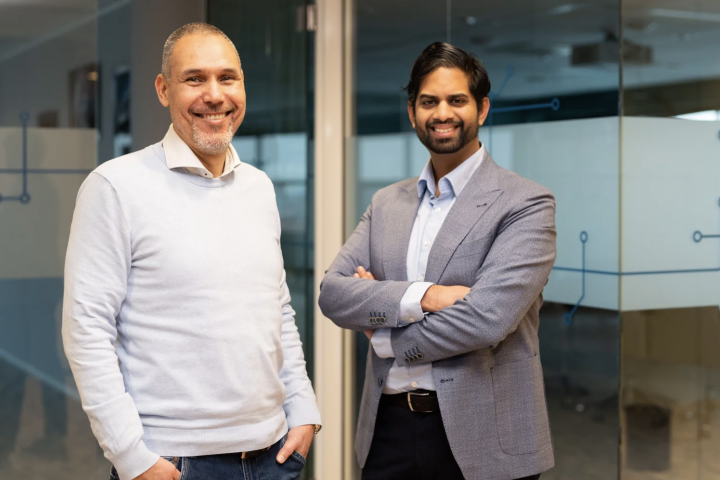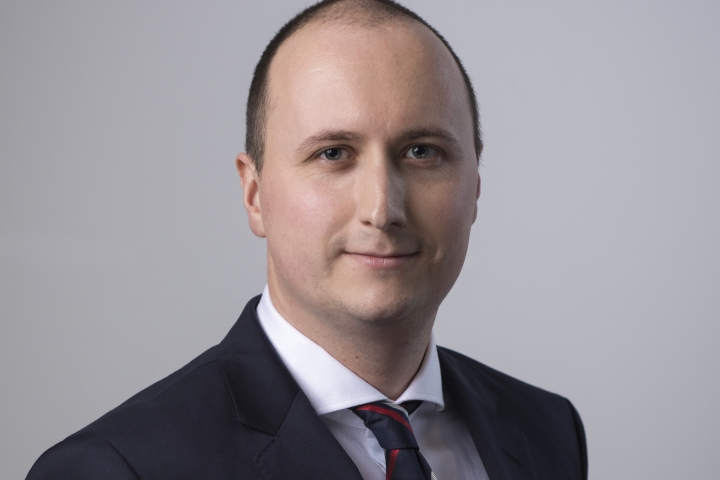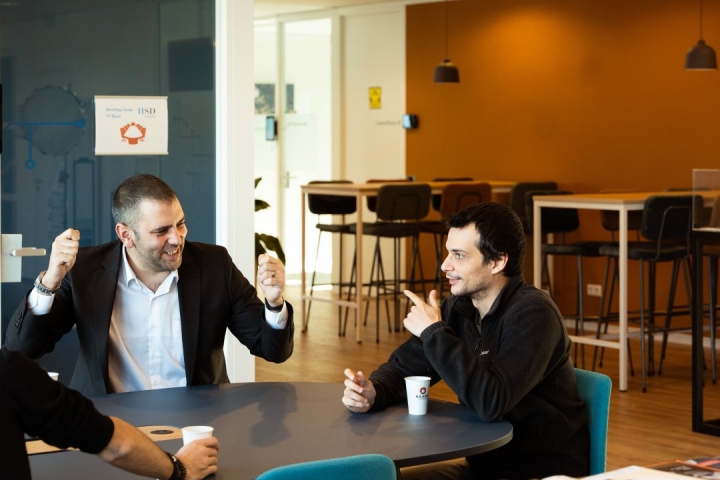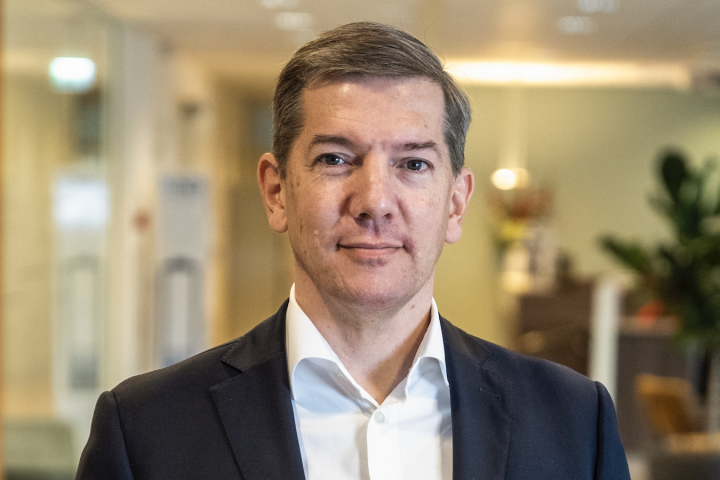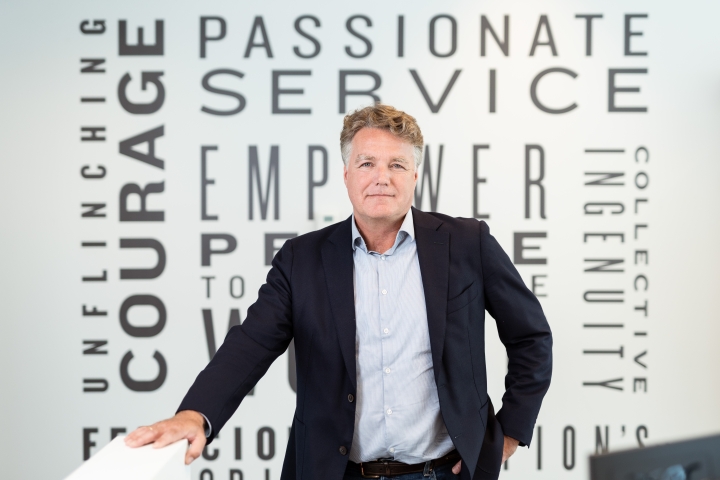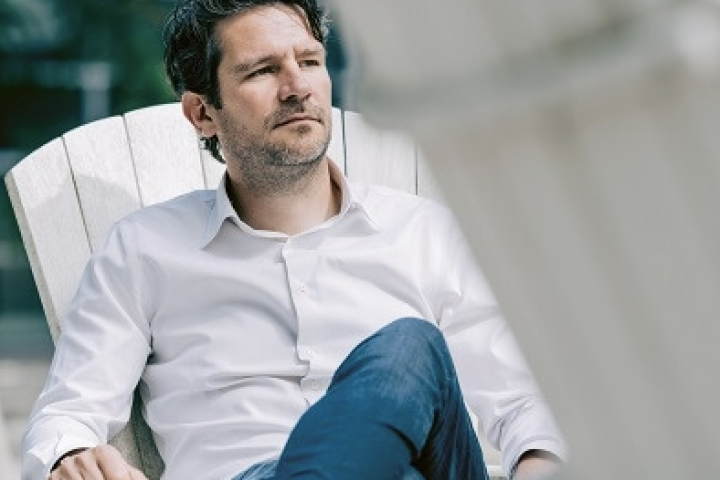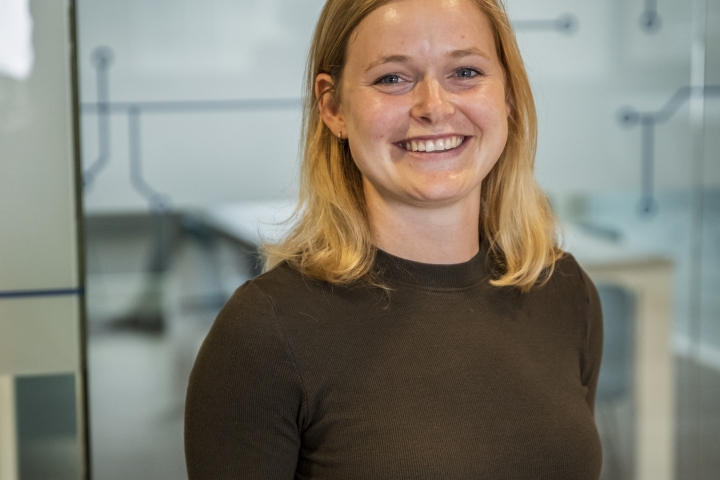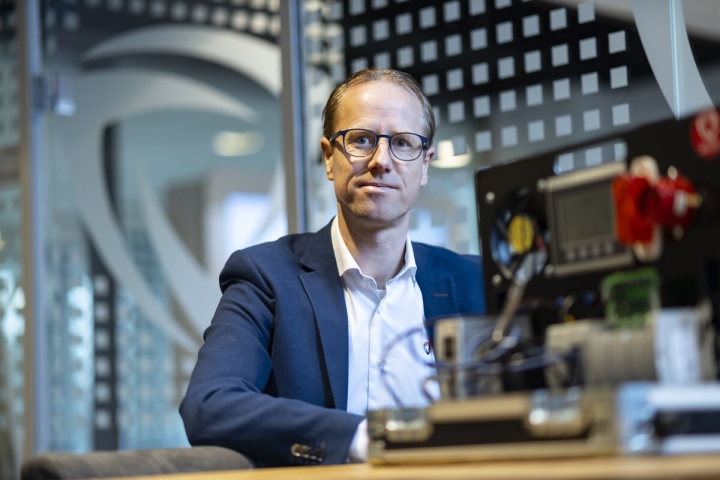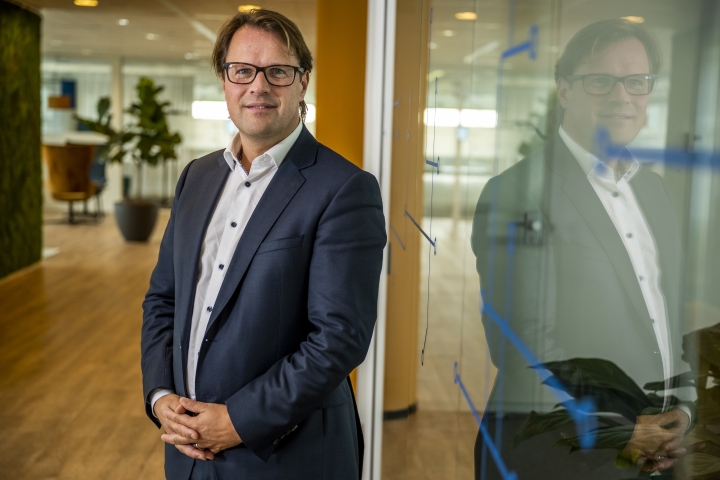The Hague University of Applied Sciences Collaborates with HSD in Search for Hybrid Teachers
The Hague University of Applied Science (HHS) is an HSD partner since the establishment of the Dutch Security Cluster. They participate in several HSD projects and are part of the HSD Advisory Board. In 2020, a new programme was launched to recruit cyber security experts to become a hybrid teacher. This way experts have one leg in practice and the other in education. HSD Office supports this programme for example by making connections. Also other education partners and the Province of Zuid-Holland are involved.
Sandra van Steenvelt, ICT programme director, says that The Hague University of Applied Sciences is facing an overheated labour market. “Cyber security experts are in demand. Also by us. We fish in the same pond as companies and are unable to attract enough new teachers. Hybrid lecturers are an interesting solution for our university of applied sciences, but also for employers.” Given the high demand for experts, employers have the important task of binding and captivating their employees. According to Van Steenvelt, hybrid teaching is a good way to achieve this. “More and more people want rich job content, in which they contribute to society. You can make this possible as a hybride teacher. And what could be more fun than getting into contact with young people and training them as cybersecurity experts? This is also interesting for companies in the context of recruitment."
Companies from the region
Van Steenvelt hopes that companies will register, preferably from the The Hague region. “It would be great if we could help each other. She is convinced that it will yield a lot to companies. It is important that a hybrid teacher can be deployed for a longer period of time. “We must be able to rely on him or her. If a teacher is suddenly withdrawn due to a major assignment, it presents us with major problems.” It is also important to realise that giving guest lectures is very different from educating young people. The hybrid teacher is therefore supervised by a fellow teacher. “A university of applied sciences with a lot of young people is super dynamic. You learn a lot from that. It's great fun to experience.”
Clearing barriers
The participant of the hybride teachers programme are the HHS, ROC-Mondriaan, the universities of applied sciences Leiden and Amsterdam, the Province of Zuid-Holland and HSD Ofice. “Hybrid teachers are not the standard in our organisation,” explains Van Steenvelt. “As a result, things get stuck on purchasing, for example: does someone get a contract, or is a service purchased? And so there are more barriers to remove.”
According to Van Steenvelt, HSD Office is a good help. “The HSD network in the region, combined with our own network, helps me approach companies. In addition, HSD Office is chasing us and takes decisive action, so that we break down barriers and work clearly towards the end result.”
Functional and secure
Marcel Spruit, professor of the Cybersecurity Knowledge Center at the HHS, also collaborates with HSD. In his case, in the context of several cyber security investigations. An example is the smart city project, where research is conducted into digital security. “What you see is that all kinds of applications such as smart lampposts are used functionally. It is forgotten to look at security by design. As a result, for example, all sounds in the street are recorded, instead of just the sounds that should trigger an alarm. We look at the functionality and security of smart city applications. Another project of HSD Office we collaboration in is the contribution on the cyber resilience of the horticulture sector together with Greenport West-Holland."
Substantive knowledge
Spruit sees that within the Dutch Security Cluster HSD not only regional and national networks are being linked together, but that substantive knowledge is also increasingly being contributed. "An important added value", according to Spruit. “Knowledge development is still not happening enough in our field. That is why an additional knowledge partner is very welcome.” As an example, he cites the preliminary research into smart cities that HSD had carried out on its own initiative. “HSD Office already thought beforehand, so that we had the right knowledge available from the start. Now we can immediately make progress.” An additional advantage of substantive knowledge is that process guidance by HSD is more effective. "Substantive understanding leads to better management." Spruit also sees an important role for HSD Office when it comes to public-private partnerships and the facilitation of financing. “Our research is not fully funded by the government. We therefore need co-financing. HSD Office knew which governments and companies have an interest in our research. These parties are now actively participating and paying. In this way, our research also gets a large and relevant reach.”
For the interview in Dutch, click here




